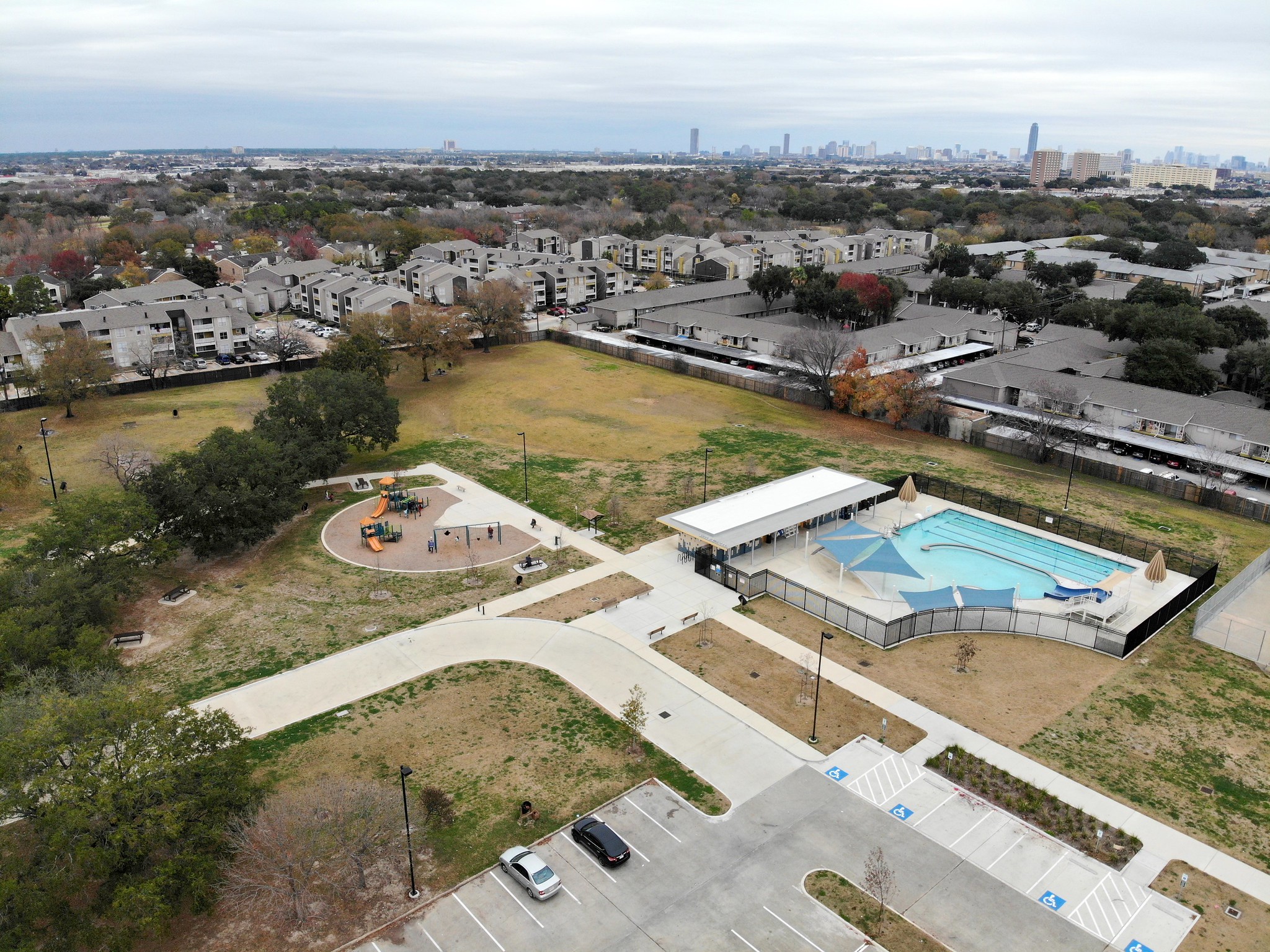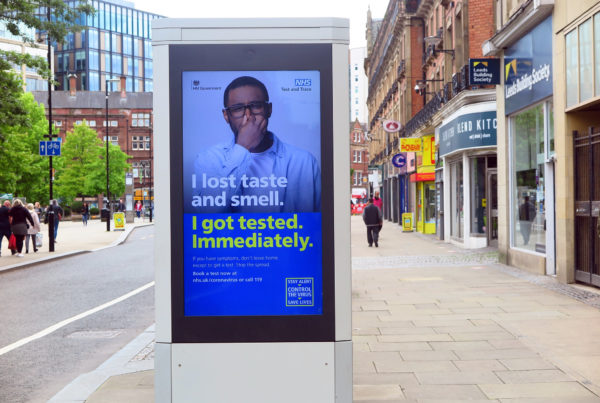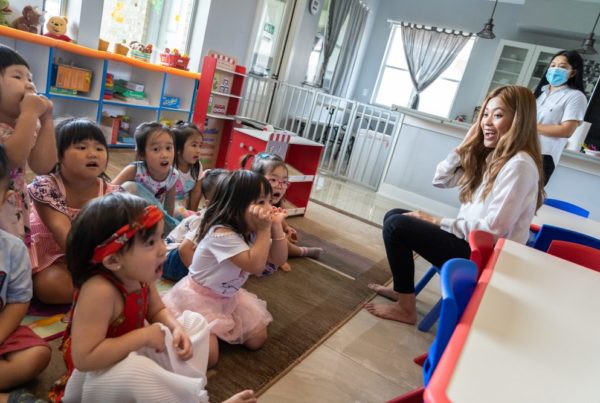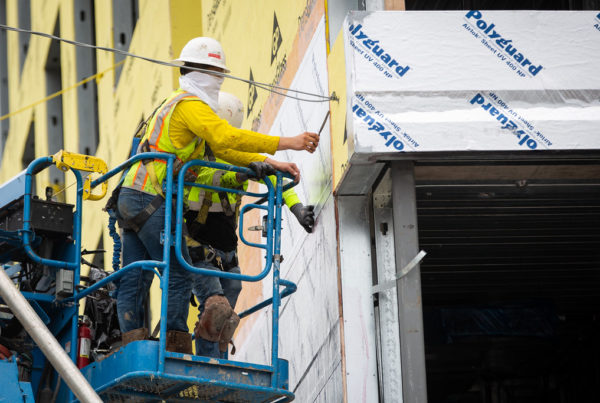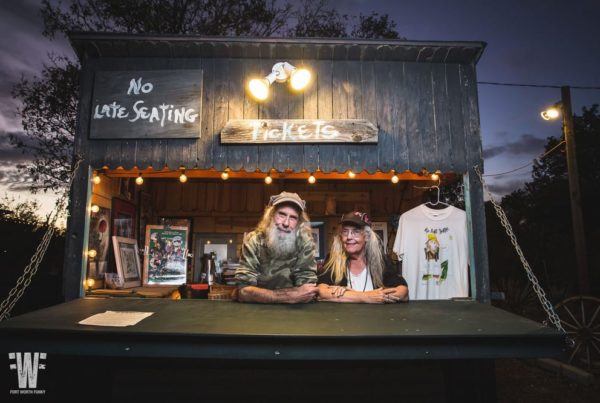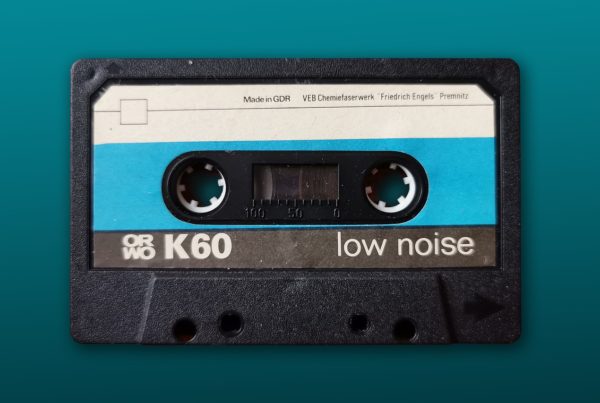As summer heat continues across Texas, the amount and impact of that heat affects people and places in different ways. A new report by the Guardian maps Houston’s heat, its poverty and its trees.
Erum Salam is a reporter on that project. She told Texas Standard that trees are less common in poorer parts of the country than they are in more affluent areas. Salam grew up in Houston.
“[Houston] is unique in the fact that it’s the only major U.S. City without any zoning laws,” Salam said. “You pass a lot of strip malls and a lot of concrete in many areas, and other areas are teeming with greenery and live oak trees and beautiful scenes of nature.”
More than lack of zoning, Salam says inequities in tree cover go back to redlining – the process of refusing home loans to people of color in specific neighborhoods.
“Even though redlining is technically outlawed, the effects of redlining are still present today,” she said.
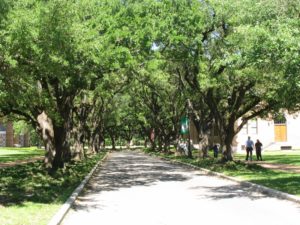
Near Rice University, in a wealthier part of Houston, trees are plentiful. bricoleurbanism /Flickr (CC BY-NC 2.0)
In the Houston area, Salam points to The Woodlands and River Oaks, which have always been wealthy areas, that have many healthy trees. In Sharpstown, by contrast, located in southwest Houston, there are few trees. Sharpstown is a diverse area affected by significant poverty.
Tree-planting is often done by homeowners. More people in wealthy neighborhoods own their homes and have the ability to plant new trees, or benefit from trees that have existed for some time.
Salam says the presence of trees in an area can reduce temperatures by up to 20 degrees.
“In Texas, the difference between 85 degrees and 95 degrees can certainly be felt,” Salam said.
Salam argues that homeowners should be incentivized to plant and care for trees, and to encourage communities to see that more trees are planted, too.


